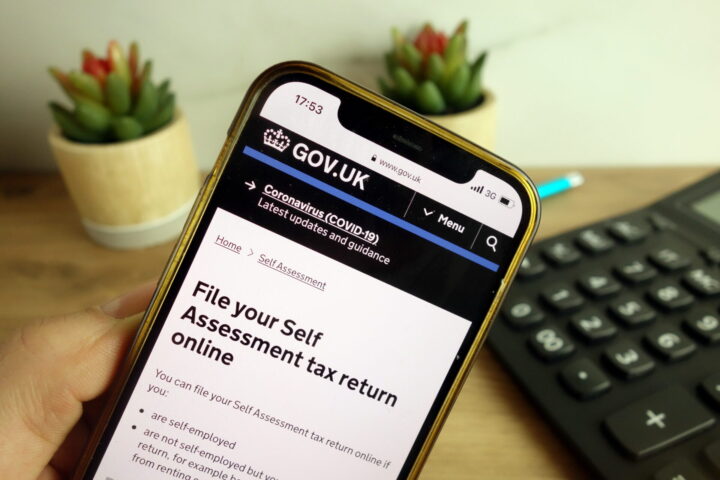Resident doctors across England have begun five days of industrial action in a dispute over jobs, pay, and working conditions, as the British Medical Association (BMA) renewed calls for the Government to make a “decent offer” to end the strikes.
The BMA’s resident doctors committee chair, Dr Jack Fletcher, said that the walkouts could still be avoided if ministers addressed both employment shortfalls and real-terms pay cuts that have left many junior doctors struggling to remain in the profession.
Dr Fletcher said: “These strikes did not have to go ahead and the Government can stop them even now with a decent offer on pay and jobs.
“So we must ask, given their supposed concern about the strikes, why are NHS Providers and NHS Confederation not making this appeal to the Government?”
Responding to warnings from NHS Providers and the NHS Confederation that continued strikes could force service reductions, Dr Fletcher accused health leaders of “emotionally blackmailing frontline staff who are taking legitimate industrial action to defend their pay and conditions, and fight for employment.”
He added that the dispute reflects a deeper workforce crisis in the NHS, where doctors are working in under-resourced environments.
He said: “We have doctors sitting on bins because there aren’t enough chairs, patients routinely being seen in corridors, A&E waits through the roof and rota gaps are an accepted norm.
“How on earth can doctors provide high-quality care in such conditions?”
Dr Fletcher said that the Government’s current offer “still leaves thousands of resident doctors without a role this year” and warned that further pay cuts could drive more staff out of the workforce.
He concluded: “Strikes need not go ahead, trusts need not lose money and patients need not have their appointments cancelled.
“All the Government needs to do is propose a deal that values doctors, allows them to offer their true potential across the NHS and keeps them in the workforce to continue treating patients.
“An investment in this will pay off dividends in the long run for the health of the population.”

















